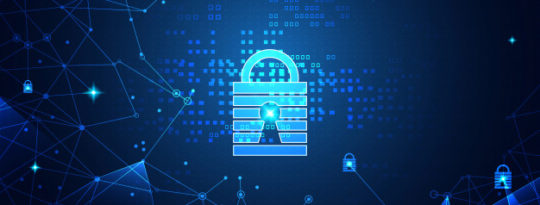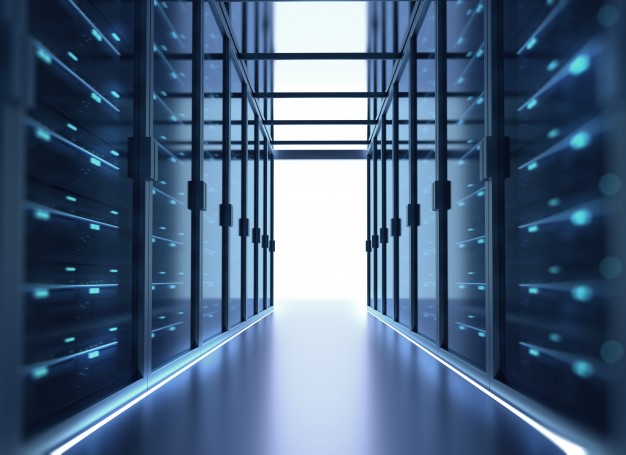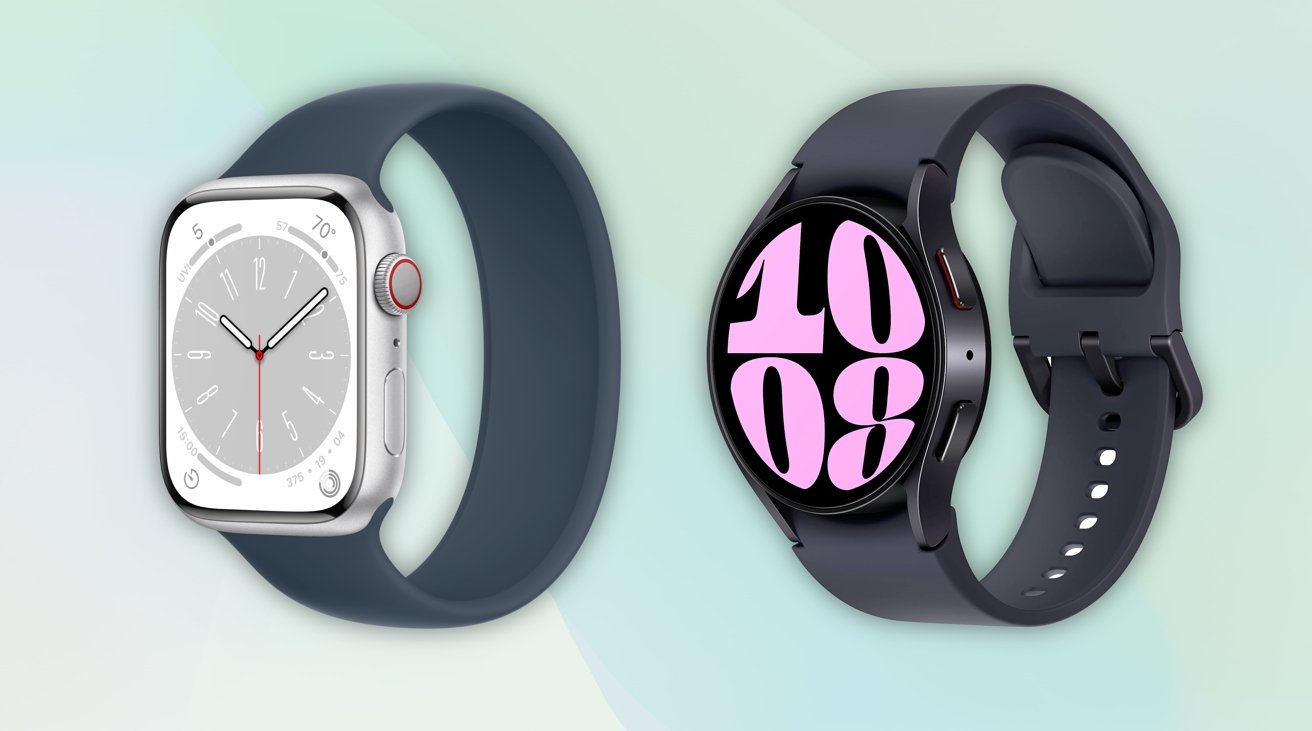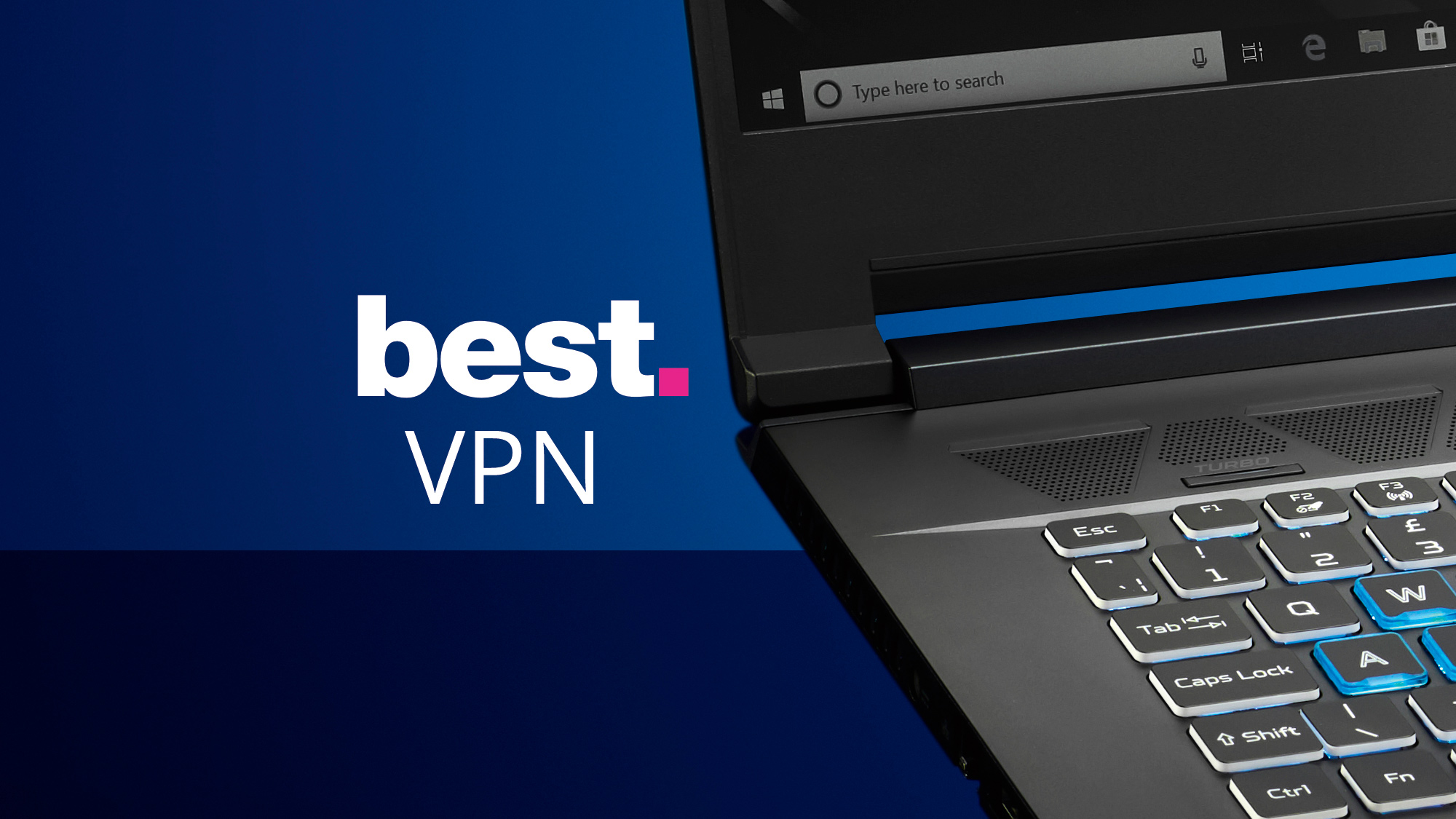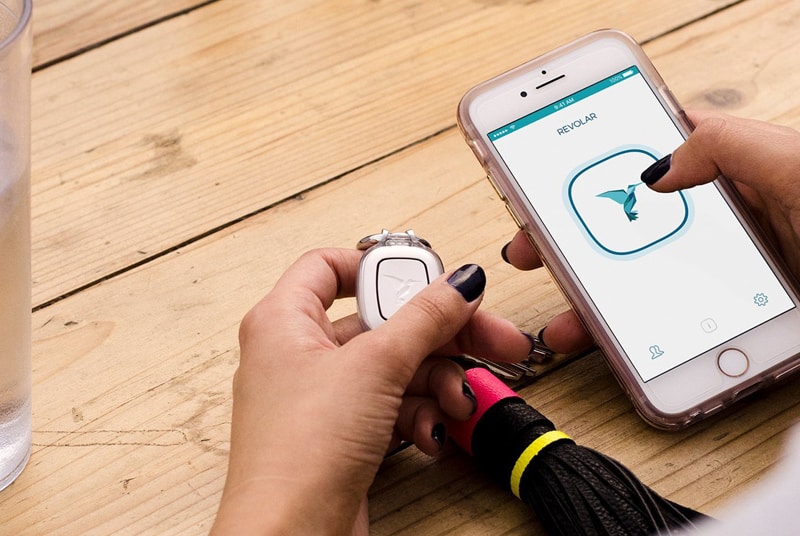The world is full of cybercriminals. These are people who target the computers of individuals or organizations for the purpose of committing cyber crimes, such as identity theft or stealing confidential information. The consequences of cybercrime can be devastating, from drained funds to leaking of classified documents, that it can be hard to recover from it. Luckily, there are plenty of ways to protect your cybersecurity from people who wish to attack or exploit your computer. Here are 10 of them:
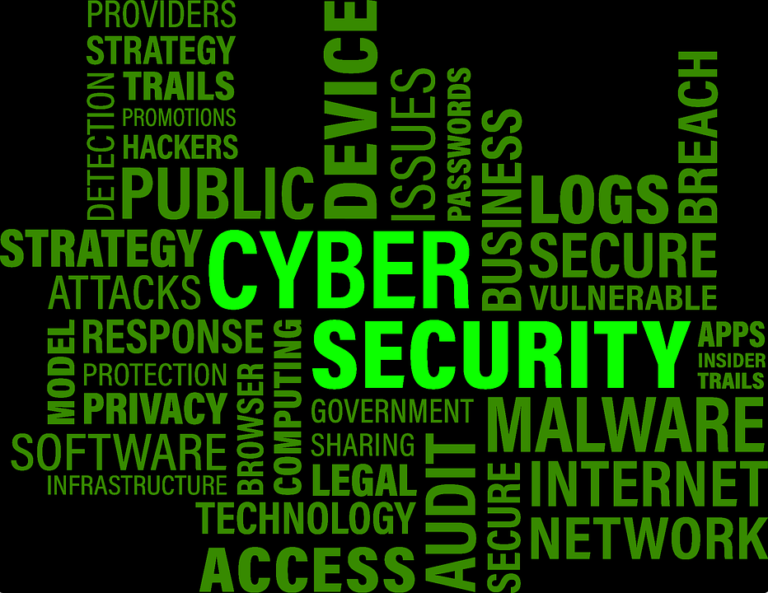
1. Know the Basics of Cybersecurity
When it comes to protecting your computer, the first line of defense is you – the user. You need to have a basic understanding of cybersecurity and use that knowledge to inform the decisions you make that will protect your computer from cyber threats. Luckily, there are plenty of resources online and books that you can read to make yourself more knowledgeable about cybersecurity.
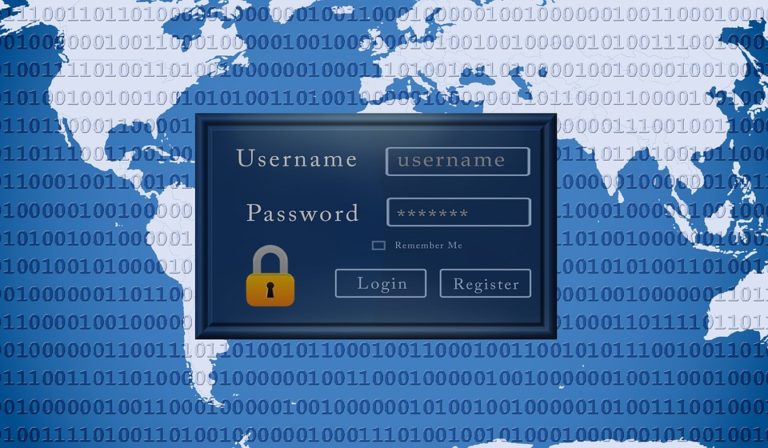
2. Use Phrases Instead of Passwords
One of the primary methods that hackers use to exploit computers is by cracking easy passwords. A common way to make a password hard to crack is by using an 8-character password that has a combination of letters, special characters and numbers. But an even better way to make a password super strong is to use a phrase, such as ILoveMyDogMrWafflesVeryMuch.
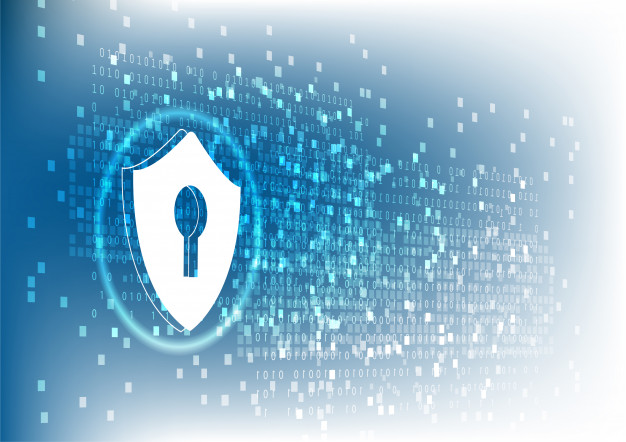
3. Activate Your Firewall
Many people don’t know how essential a firewall is. A firewall is a computer program that prevents anything unauthorized from entering or leaving your computer. Luckily, most major operating systems (Windows and Mac OS) come with their very own built-in firewall capabilities that you can take advantage of.
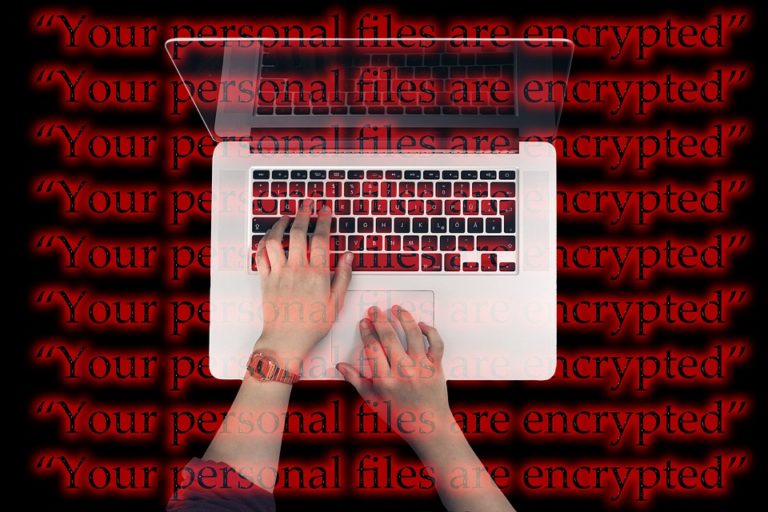
4. Install an Anti-Virus
Before installing any third party software or accessing the internet on your computer, you need to make sure that you have an antivirus installed. Once a virus infects your computer, it can corrupt a number of things, such as system files or even the operating system itself. An anti-virus can ensure your computer is protected from viruses 24/7.
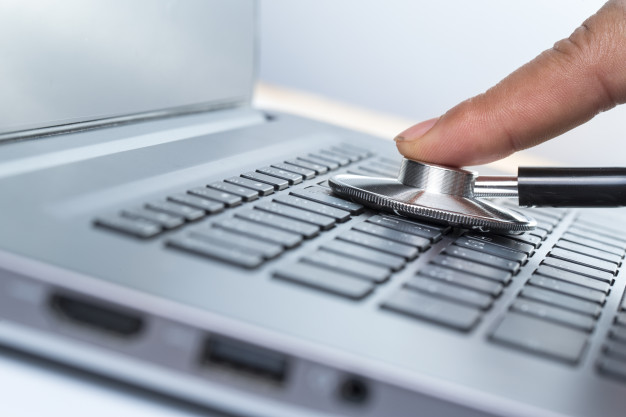
5. Install Anti-Spyware and Anti-Malware
Spyware and malware are tools of the trade for many computer hackers. Although most antivirus software come with anti-spyware and anti-malware capabilities, you still need to use software that is focused on the removal of spyware or malware, as you can’t trust one software to do everything.
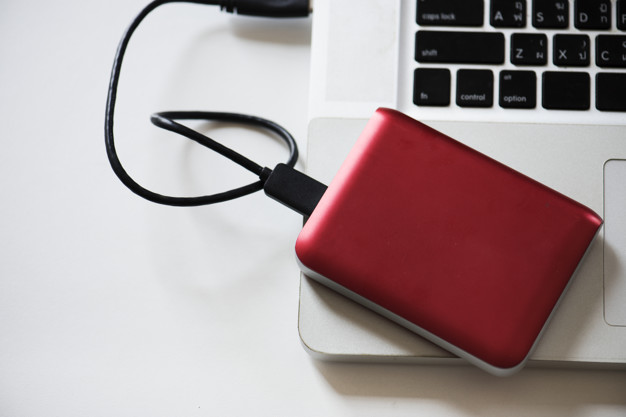
6. Backup All Sensitive Data
When a virus infects your computer or a hacker accesses it, all the sensitive information stored on the hard drive is at risk (some viruses have been known to corrupt or delete files). This is why it is always a good idea to keep a backup of all your sensitive information away from the computer. You can store it online using cloud services or use an external hard drive.
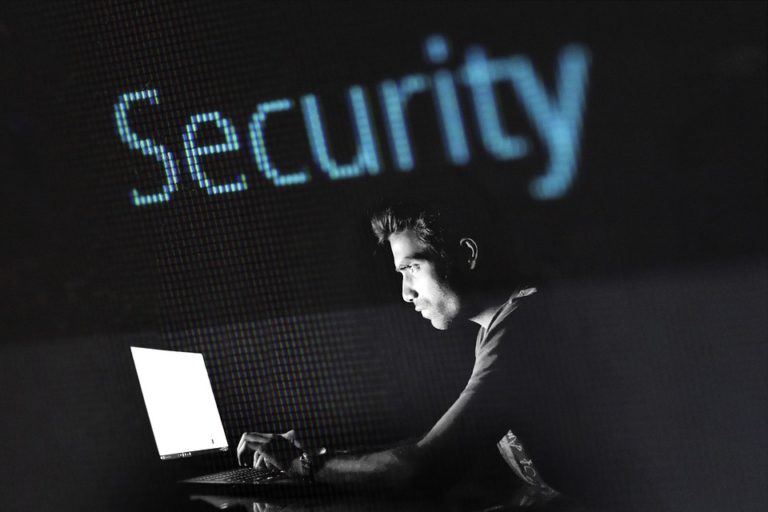
7. Use Two-Factor Authentication
Two-factor authentication (2FA) offers an additional layer of protection whenever you are signing in somewhere, such as a website or portal. 2FA usually involves entering a username and password along with some other type of authentication, such as a pin code sent to you as an SMS or email, making it extremely difficult for hackers to know how to crack your password.
8. Update Your Computer System Regularly
The longer you have your operating system installed, the higher the chance is that cybercriminals will find weaknesses to exploit. Luckily, companies like Microsoft regularly release updates for their operating systems with security enhancements meant to patch up any holes in security. So make sure you don’t turn off automatic updates if you want to protect your cybersecurity.
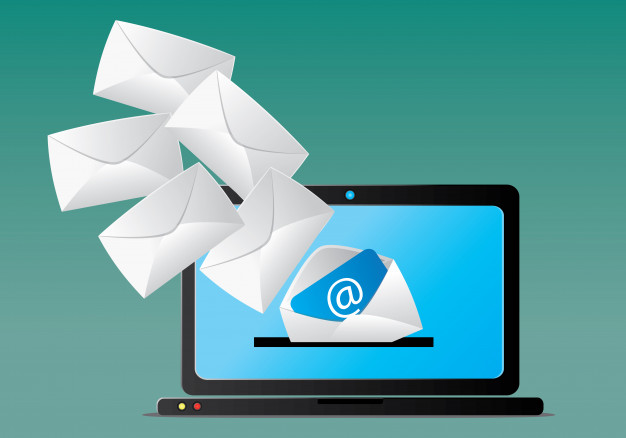
9. Be Cautious When Opening Email
One of the top methods that cybercriminals use if they want to infect your computer with viruses, spyware and malware is email. They hide this malicious software behind seemingly harmless attachments. So be careful when using email, and don’t download and open attachments from email addresses you don’t recognize.

10. Avoid Using Public Wi-Fi
When you are in desperate need of Wi-Fi on your computer, it is always better to create a mobile hotspot and use that instead of a public Wi-Fi. Hackers are notoriously known for using public Wi-Fi to gain access to computers. So if your computer is used to store important or sensitive information or used to perform financial transactions, the last thing you want to do is connect to a public Wi-Fi.
Although we have only listed 10 ways to protect your cybersecurity, they are many more that we haven’t mentioned. So be sure to do additional research on more ways you can protect yourself from cyber criminals beyond what is contained in this article. These nefarious individuals are always coming up with new and clever ways to put your computer at risk, so always stay vigilant.
Content Written by Ben Thompson on behalf of Blue Horizon Prints, experts in premium quality Wall Art Australia

